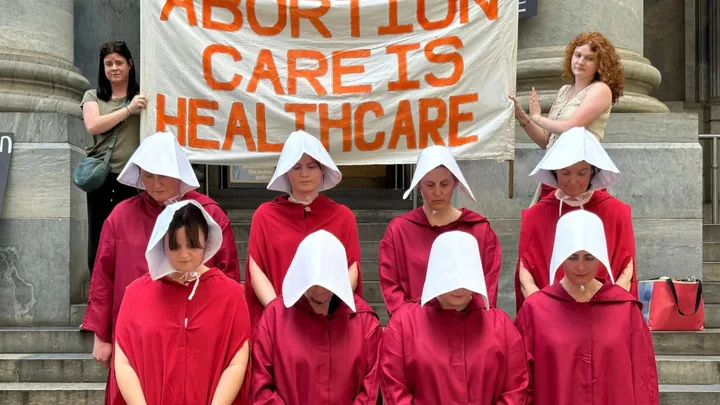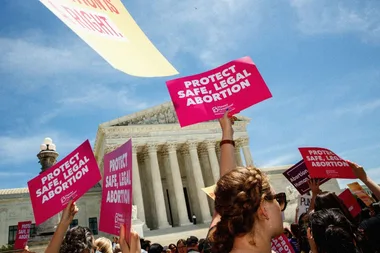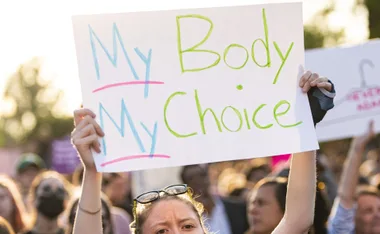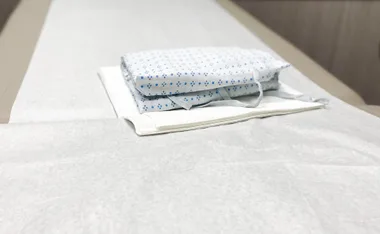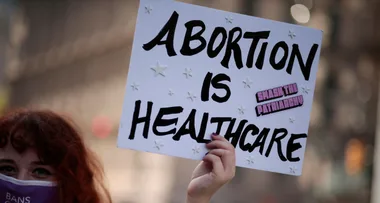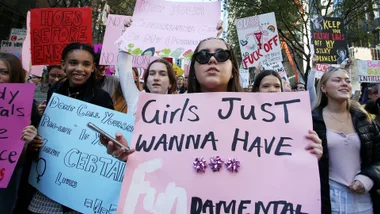Over the past month, reproductive rights have re-entered the political landscape in a big way, with abortion rights and legislation being debated across both Queensland and South Australia.
But what does that mean for Australia as a whole, and why are we having these conversations now, so soon after abortion was officially decriminalised across the country?
South Australia’s Narrow Miss
Earlier this month, South Australia’s upper house held a conscience vote on legislation that, if passed, would force women seeking an abortion after 27 weeks and six days, to be induced with the intention of delivering the child alive – either to raise themselves, or place the child up for adoption.
The bill targeting later-term terminations was introduced by Liberal frontbencher Ben Hood under the guise of protecting a mother’s right to end pregnancy.
“The bill ensures that the mother’s decision to end her pregnancy is respected, but also that the child has an opportunity to live,” says Hood. “In fact, the innovation of this bill is that it allows a mother to end her pregnancy throughout all nine months and indeed, right up to birth.”
The conscious vote was narrowly defeated with ten votes to nine in favour.
Surely such a close margin feels incongruous with public discourse around reproductive rights and abortion in 2024? But if the overturning of Roe Vs Wade by the US Supreme Court and its ramifications currently playing out in the current US election has taught us anything, it’s that nothing is ever fully off the political table.
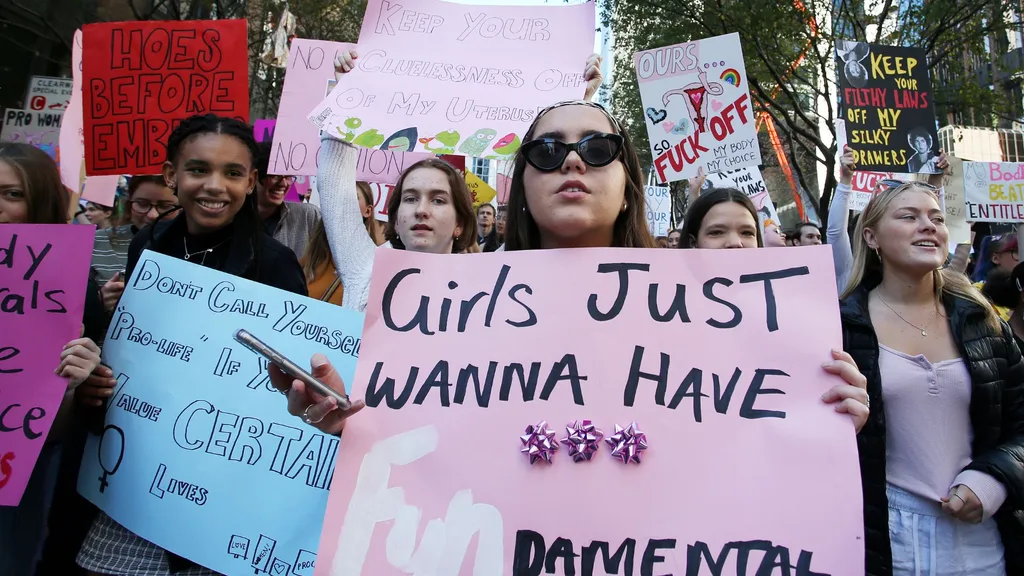
Abortion was decriminalised in South Australia as of 2021 and signed into law the following year, which included the 22 weeks and six days’ threshold of accessing abortion healthcare. After that threshold, termination can still be performed if two medical practitioners agree it’s appropriate, which is largely in line with states around Australia – although exact timings vary.
When Hood first brought the bill to the upper house, he claimed that since decriminalisation, 45 (SA Health data lists 47) abortions had been recorded after the 22-week threshold, each resulting in “healthy, viable babies”.
But data released by SA Health points to fewer than 1 per cent of terminations occurring after this time period, and fewer than five being performed after 27 weeks.
In a statement released by the SA Health, officials responded to Hood’s claims: “Of these 47 terminations, 37 were conducted for the physical or mental health of the mother, and 10 were for foetal anomalies.”
Greens MP Tammy Franks, who spoke of her party’s firm stance against the bill, said of its dangerous implications: “His proposal would force birth upon children; victims of rape, incest and sexual slavery; or on much wanted pregnancies where the mother or the foetus will not survive his forced-birth plans for them.”
“The SA Greens stand firmly against attempts to roll back hard-won reproductive rights,” she continues. “Hood’s move could undermine the rights of individuals to access proper healthcare. It also reflects the Liberal Party’s obsession with toxic culture wars to further their own internal political ambitions.”
Are Abortion Rights In Queensland Under Threat?
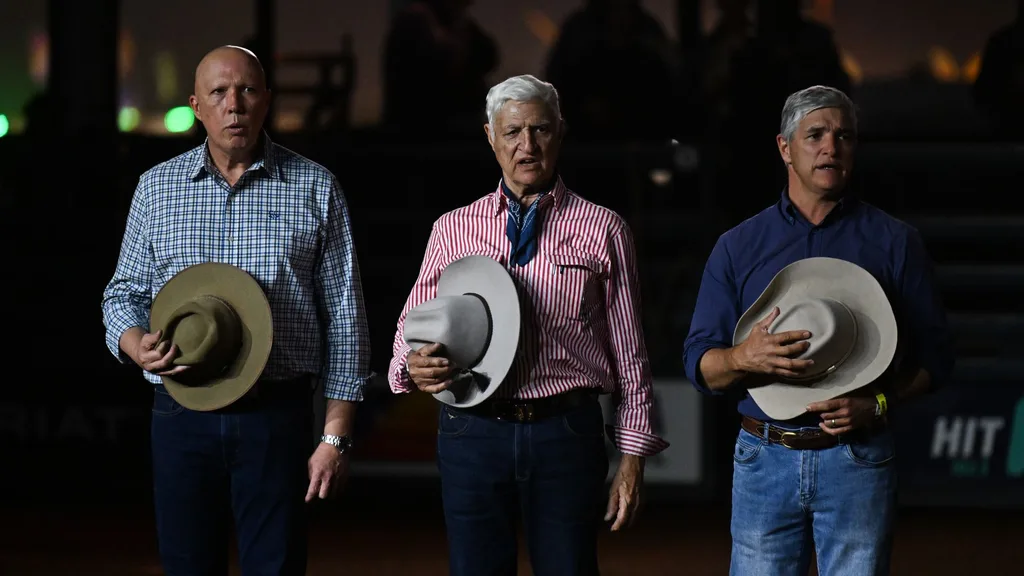
Abortion was decriminalised in Queensland in 2018 under a Labor government, but with the state election called for October 26th, the landmark legislation could be up for debate again.
Conservative MP Robbie Katter – not to be mistaken for his equally as conservative father, Bob Katter – from the Katter Australia Party, has announced his plans to introduce legislation that would increase restrictions on reproductive healthcare and abortion access in the state. That is, if the Liberal National Party (LNP) wins government from Labor.
In an interview with ABC earlier this month, Katter doubled-down on his aim to revoke the state’s current abortion legislation. “”We will, quick as you like, put a repeal bill back into the Queensland parliament on those abortion laws.”
Clarifying his party’s position, Katter explained that if the LNP was successful at tomorrow’s election, his first step would be to reintroduce a thwarted private member’s bill from earlier this year.
The failed Termination of Pregnancy (Live Births) Amendment Bill, introduced by Katter in March, was largely unsupported by the parliamentary committee, and sparked widespread opposition.
The Royal Australian and New Zealand College of Obstetricians and Gynaecologists (RANZCOG) released a statement condemning the proposed bill at the time, saying its amendments would “cause anxiety and emotional trauma” for both patients, and healthcare professionals alike.
“In RANZCOG’s view, the proposed bill will not contribute meaningfully to any aspect of care that is not already widely practised as a matter of course in accordance with existing clinical, professional, and ethical standards,” the statement reads.
“Whether intended or not, the bill will undoubtedly limit access to abortion services, discouraging practitioners from providing abortions due to fear of prosecution.”
RANZCOG also voiced concern about abortion access restrictions and how any such repeal would “disproportionately impact rural, remote and First Nations communities.”
This week, in the lead up to the election, RANZCOG, along with a group of health and advocacy organisations and Queensland Sexual Assault Network, issued an open letter calling for the safeguarding of the state’s abortion rights.
“We are deeply concerned by recent discussions suggesting the potential recriminalisation of abortion,” the letter reads. “This would be a harmful step backward, risking the health and safety of pregnant people and undoing years of progress.”
“Access to abortion is essential healthcare. Restricting it leads to dangerous consequences, with vulnerable communities facing the greatest harm. We must ensure that decisions about pregnancy remain personal and healthcare-based, not politicised.’
While Katter’s political agenda has been made clear, state LNP leader David Crisafulli, has deemed it “not a priority” for the LNP, but has not confirmed whether or not he would allow for a conscious vote on the matter.
Are Abortions Legal In Australia?
As of March this year when Western Australia became the final state to decriminalise abortion, Australia as a country has removed abortion from its criminal code.
However, as it stands, there is no right to abortion enshrined in the country’s constitution, or any overarching national law that protects the decriminalisation of abortion, or its conditional restrictions as determined by individual states.
Does this mean that abortion could be re-criminalised in Australia? In theory, yes, but in practice, the likelihood of such a reversal occurring remains low.
Dr Prudence Flowers, a senior lecturer in US History at Flinders University believes similar trajectory to what we’ve seen in the US is unlikely to play out in Australia.
“I think in terms of the Australian context, the threat to abortion rights is more nuanced but still very real and it’s something that people should pay a lot of attention to,” she says.
Speaking about the anti-abortion movement’s decades-long focus on restricting access to (or banning altogether) abortions after 20-weeks, prior to Roe v Wade being overturned, Flowers notes how successful their plan to stigmatise reproductive care was.
“In some ways, I think that’s the space where the most immediate threat to abortion rights in Australia comes and you see that has happened in South Australia.
“I think attacks on abortion rights will start by focusing on later terminations … so trying to change the way in which abortion is regulated.”
